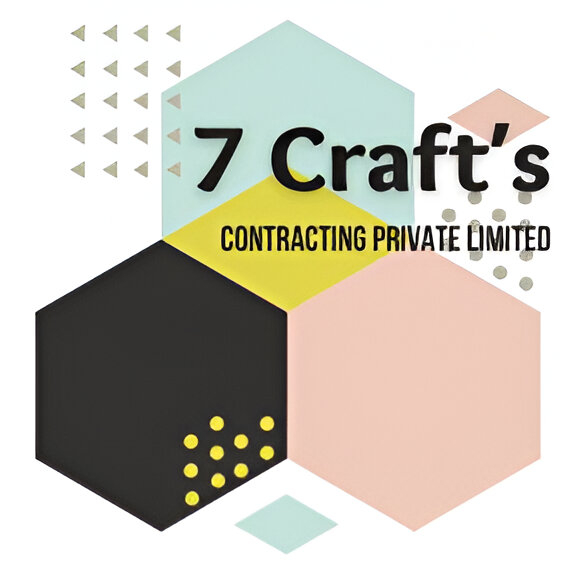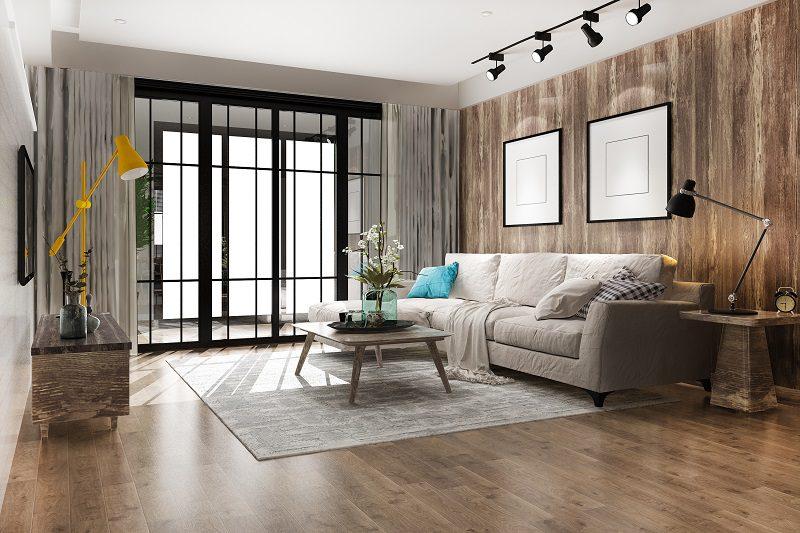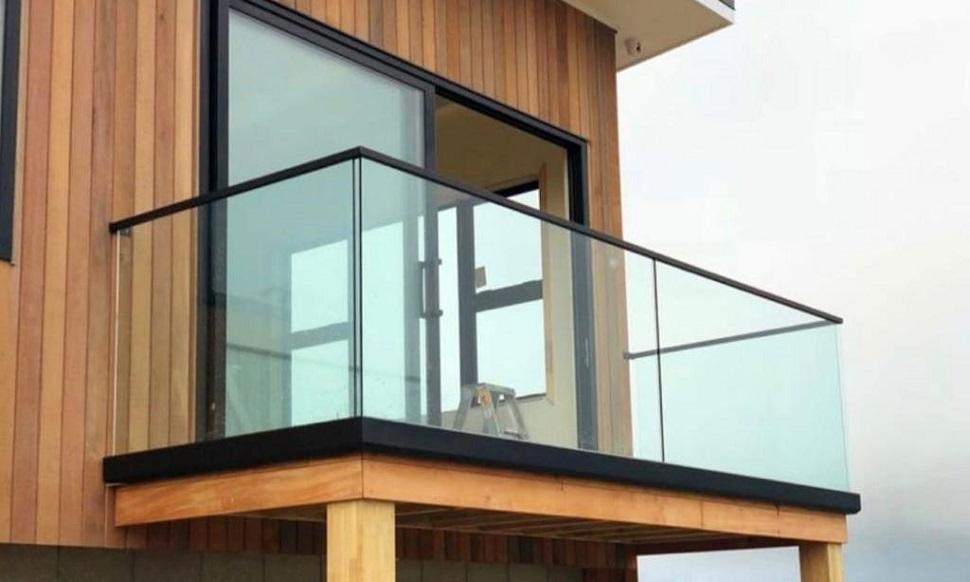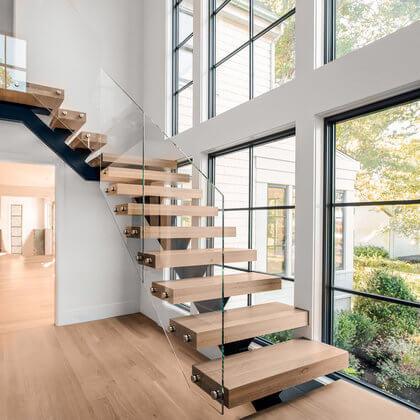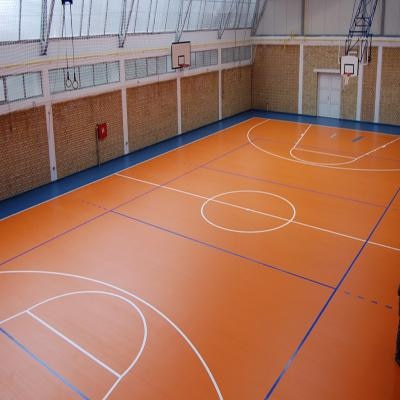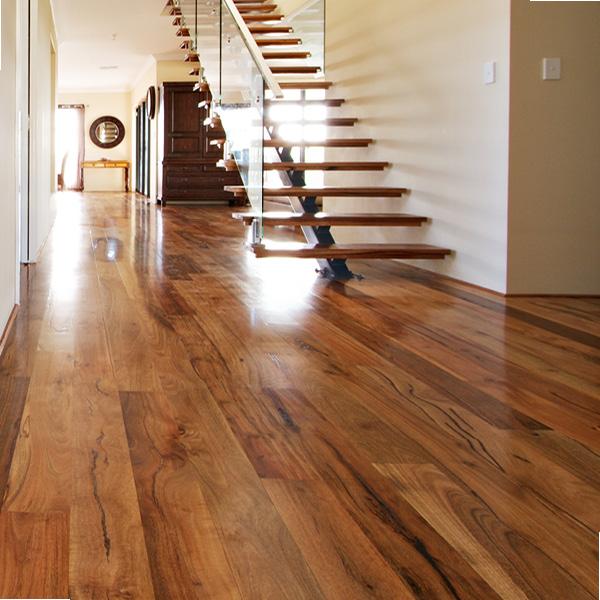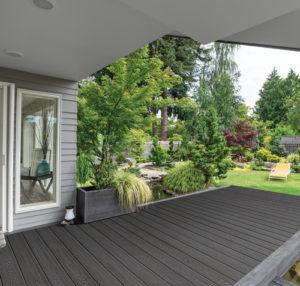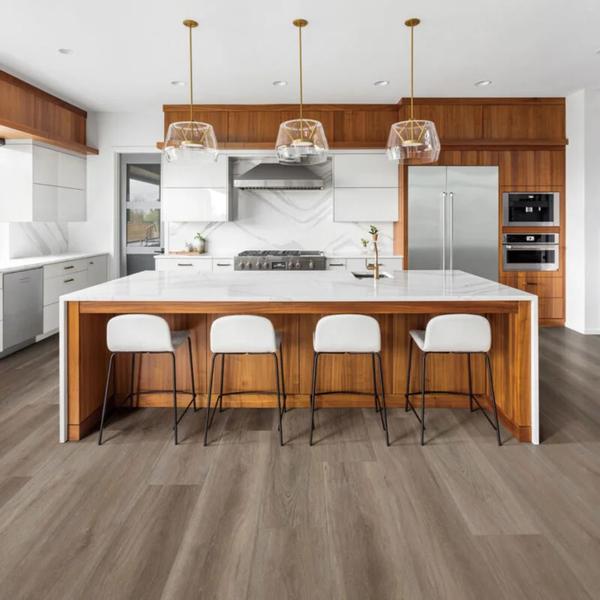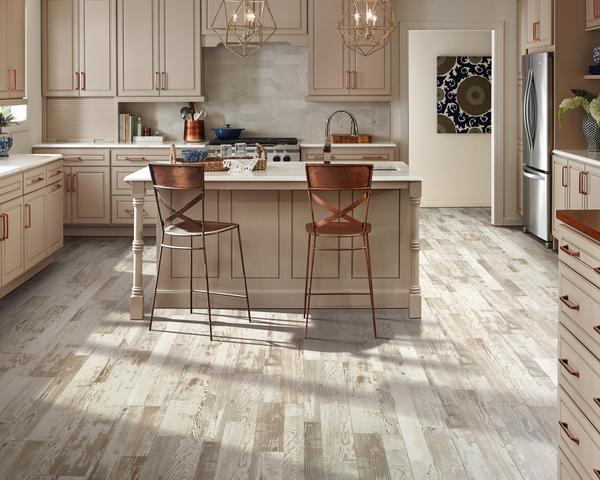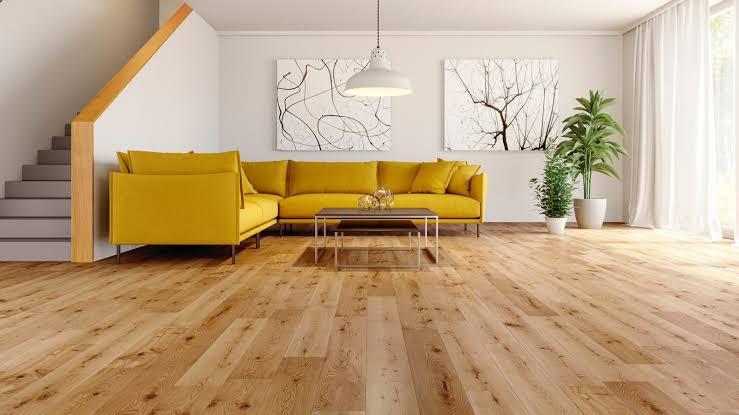Vinyl flooring is a synthetic flooring material, known for its water resistance, durability, and versatility, making it a popular choice for both residential and commercial spaces. It's made from multiple layers of materials, primarily polyvinyl chloride (PVC), and can convincingly mimic the look of other materials like wood, stone, or tile. Here's a more detailed look at vinyl flooring: What it is: Resilient Flooring: Vinyl is categorized as resilient flooring, meaning it has a degree of “bounce” or give, making it comfortable to walk on. Synthetic Material: It's made from synthetic materials, primarily PVC, along with other components like fiberglass and plasticizers. Layered Construction: Vinyl flooring typically consists of multiple layers, including a core layer, a design layer (printed with the desired pattern), and a wear layer (a clear protective coating). Mimics other materials: Advanced printing and embossing techniques allow vinyl to closely resemble natural materials like hardwood, marble, or stone. Types of Vinyl Flooring: Sheet Vinyl: Comes in large, continuous rolls and is known for being completely waterproof. Vinyl Tiles: Available in individual tile formats, offering design flexibility. Vinyl Planks: Long, rectangular planks that are designed to mimic wood flooring. Luxury Vinyl Tile (LVT): A more durable and aesthetically pleasing type of vinyl tile, often used for upscale designs. Advantages of Vinyl Flooring: Water Resistance: Highly impermeable to water, making it ideal for kitchens, bathrooms, and other areas prone to moisture. Durability: The wear layer protects against scratches, stains, and wear and tear, making it suitable for high-traffic areas. Easy Maintenance: Generally easy to clean and maintain, requiring only sweeping or mopping. Cost-Effective: More affordable than many other flooring options while offering a wide range of styles and designs. Easy Installation: Can be installed over various subfloors and is often suitable for DIY projects. Versatility: Suitable for various rooms in the home and can mimic the look of other materials. Considerations: Environmental Concerns: Vinyl production and disposal can have environmental impacts, so it's worth researching eco-friendly options. Durability Varies: The quality of vinyl flooring can vary, with thicker wear layers and core materials offering better durability.
